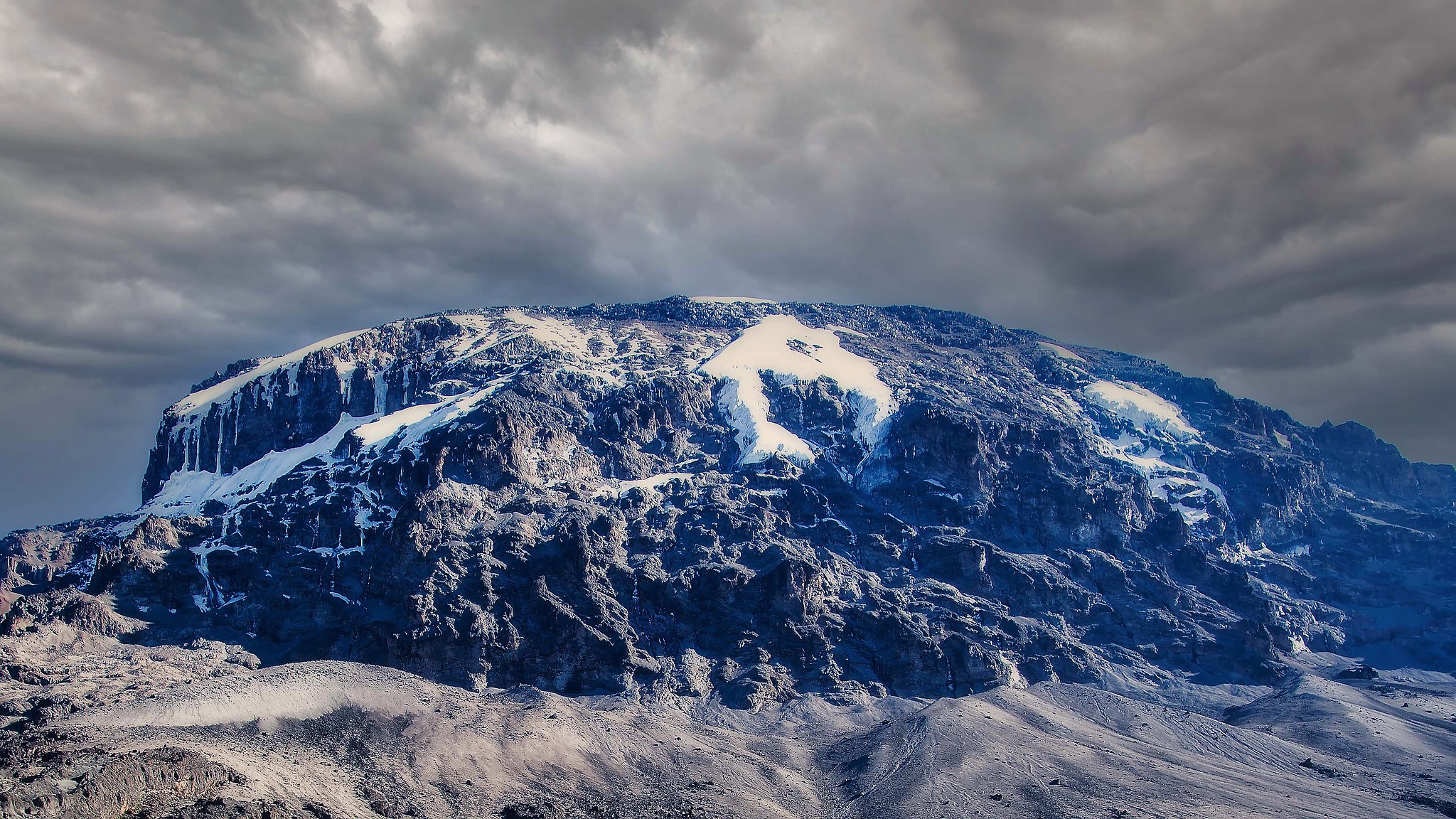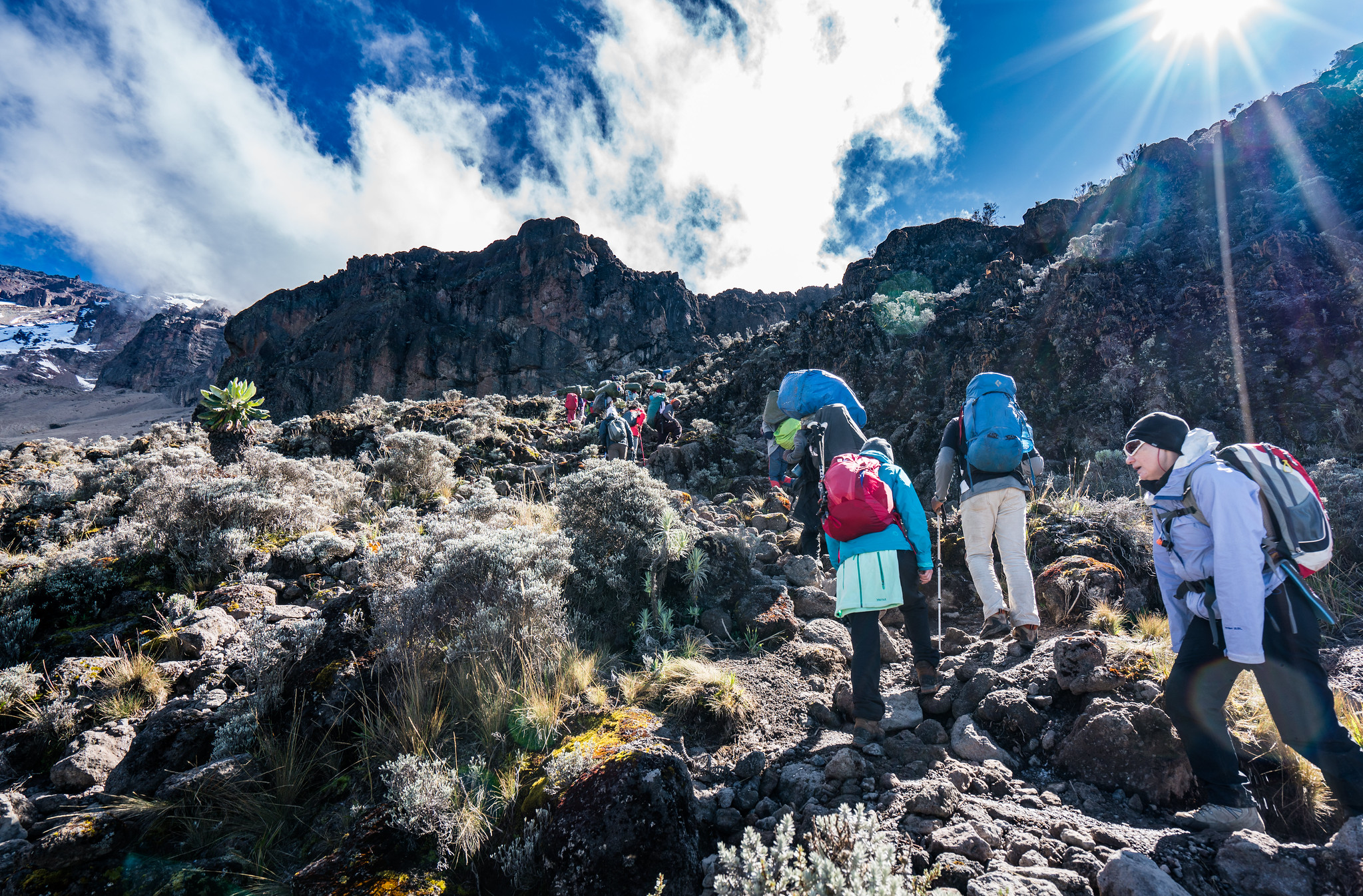10 Reasons You Should NOT Climb Kilimanjaro
10 Reasons You Should NOT Climb Kilimanjaro. Are you considering embarking on an adventure to climb Kilimanjaro?
People believe that since we operate Kilimanjaro, we invite everyone to join us on the climb.
We don’t.
We recommend other businesses to certain clients. We recommend an alternative hike for others. And there are certain people we flatly reject.
Even if it means not closing a deal, we at Climb Kilimanjaro Mountain feel it is our responsibility to be truthful with all prospective customers.

Kilimanjaro isn’t for everyone, to be honest.
Making the decision to climb Kilimanjaro is, as we like to say, the most difficult part of the experience. It takes a significant amount of money, time, and planning to tackle a summit like Kilimanjaro. Everyone begins the same way: by doing some study to determine whether it’s something they want to dedicate themselves to.
The experience is absolutely wonderful, perhaps life-altering, for almost everyone who climbs with us. We can prove it with our testimonials. Fortunately, only a small percentage of people find it objectionable. How can you determine which of these groups you would fit into?
These are 10 Reasons You Should NOT Climb Kilimanjaro.
-
You don’t feel particularly passionate about performing it.
If your friend is pleading with you to go and you are reluctantly accepting the vacation, reconsider. The entire procedure, from assembling all the equipment to organizing the logistics to providing training, is a multi-month undertaking. To provide themselves time to prepare, most people make reservations four to six months in advance.
Your preparation will feel more like work than enjoyment if you are not genuinely thrilled about the possibility of scaling Africa’s highest peak. Furthermore, you probably won’t find much inspiration to continue when things get difficult during the climb.
-
You despise the outdoors and camping.
This one should go without saying. Kilimanjaro is an outdoor mountain. We’ll be walking through the outdoors. Tents will be where we sleep. We won’t have the conveniences of today. This will continue for several days.
However, that does not preclude city dwellers from climbing Kilimanjaro. On the contrary. Many people from the city come here for the adventure. However, it might be prudent to think twice if the idea of spending time in the woods makes you feel disgusted rather than excited. A trip to Mount Kilimanjaro might not be the best option.
-
You don’t want to train and you’re not in shape.
The elevation of 19,340 feet is extremely high. The walk from base camp to the summit on the last day involves a 4,000-foot elevation increase and a 9,000-foot descent in an oxygen-poor environment. Nobody does this with ease. It’s difficult, even for regular backpackers. Therefore, training for the climb is essential for the layperson. Although the majority of individuals are aware of the implications and plan for the physical exertion appropriately, others will not.
You shouldn’t climb Kilimanjaro if you know you won’t even try training. Because it’s likely that you’ll be slow, become sick, and not make it to the top. You have to be serious about the mountain.
-
You have limited time to complete it.
It takes five to nine days to climb Kilimanjaro on one of the six established routes. At least seven days is what we strongly advise, but eight or nine days is even better. The summit success rate rises with each day spent on the mountain. However, some people only have a limited amount of time for the journey, either due to their domestic job schedules or because they are attempting to fit the climb in while they are in the area for other reasons. We advise these individuals to try to add an extra day or two if at all possible.
Come back when you have more time if you don’t have enough to climb Kilimanjaro the way you want to. It will be more fun in addition to being safer.
-
People don’t get along with you.
Imagining yourself as a lone adventurer on the mountain? You will not be satisfied. Kilimanjaro climbing requires teamwork. A support team and guides will be available to you. It’s critical to communicate with your workers.
Over the course of many days, you will probably spend a lot of time with a group of climbers from all over the world. Additionally, there will be more folks you will meet along the path. Given the additional stress of the situation surrounding you, Kilimanjaro will be even more difficult if you are someone who finds it difficult to interact with others or who struggles with them at home. It’s possible that you shouldn’t be on the mountain.
-
You lack the necessary equipment and never will.
It takes a lot of equipment to climb Kilimanjaro. You’ll need the right equipment for the possibly extreme temperature swings because temps can range from steamy hot to freezing cold. The technical layers that will keep you dry and warm are the most crucial.
You run the risk of developing frostbite and hypothermia if you arrive at the mountain without the necessary equipment. Being ready for severe weather conditions is essential. Avoid going if you don’t have the proper equipment.
-
At altitude, you perform poorly.
Some people may experience issues due to high altitude. It is the main cause of climbers having to descend. The majority of Kilimanjaro climbers have never climbed over 15,000 feet, which is the elevation of high camp. Everybody responds differently. Therefore, predicting how well someone would acclimate is quite difficult.
Climbing Kilimanjaro is risky if you have a history of high-altitude sickness. Be aware, though, that having experienced the symptoms of altitude sickness in the past does not guarantee that you will experience them again. Numerous elements are involved, particularly the pace of ascent and duration of elevation. Moving slowly and taking breaks significantly improves safety.
-
You lack the funds necessary to engage a reputable guide service.
On the mountain, there are hundreds of operators. There are differences in price everywhere. Low prices are a surefire indicator of a subpar business, but high prices aren’t always a sign of a quality guide company.
In actuality, it is impossible to finance a properly organized climb on a shoestring. Making a reservation with a low-cost operator may wind up costing you more than money. Don’t put your health in the hands of just anybody. It matters who you climb with.
It could save your life, your guide. It occurs more often than you might imagine. Put your plans on wait for the time being and make the preparations when you have more money to spend on your vacation if you lack the funds to make a reservation with a respectable Kilimanjaro company.
-
You have a week to unplug.
You’re at a remote location on the mountain with no electricity, sporadic wifi, and hardly any cell service.
What does this mean, then? For the duration of the adventure, you will need to disconnect from the outside world. It’s possible that you are unaware of what is happening in the world, at work, or at home. You might not be reachable by others. And you need to accept that. On the other hand, a lot of people enjoy spending time alone, away from the incessant stream of modern communication.
Please do not attend if you must be present for others at all times. Or (we’re being ironic) bring a laptop, power generator, and satellite phone.
-
You give up rather easily.
Kilimanjaro climbing will push you beyond your comfort zone. There will be occasions when mental toughness is needed to get through things like camping and daily hikes, as well as dealing with cold and altitude sickness.
When the going gets rough, it is not unusual for climbers to question their will or their skills. On the way to the summit, everyone follows the same route. The chances of success are high for those who can overcome obstacles. But the mountain will probably surpass those who cannot bear the discomfort. You will most likely give up on the mountain if you have a tendency to give up easily.
Those are the 10 Reasons You Should NOT Climb Kilimanjaro.


















